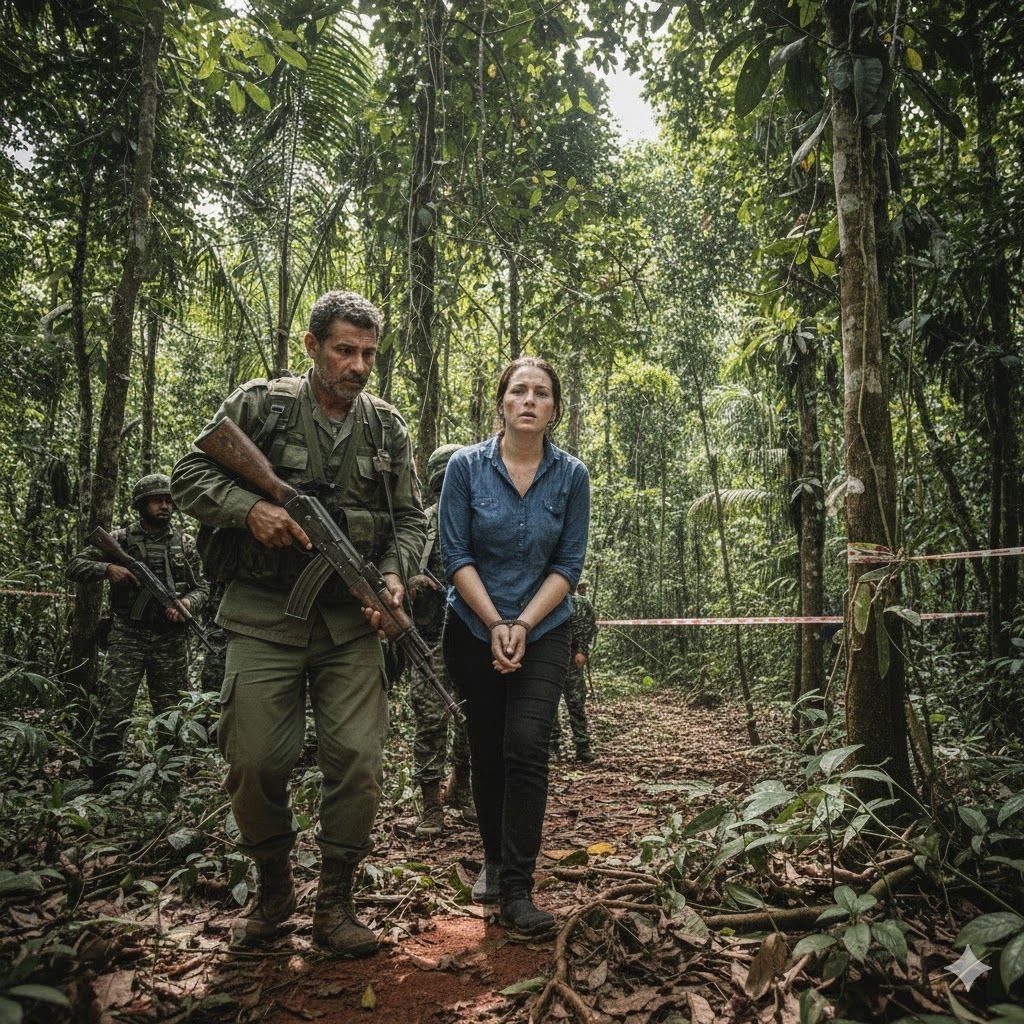Evidencity launches TruthExplorer
New service uses unique data and proprietary methodology to support ethical business conduct through customer and supplier transparency.
“We support responsible business conduct through customer and supplier transparency and exist to combat modern slavery through helping global businesses operate ethically and avoid bad actors.”— Samuel Logan, CEO of Evidencity
ANNAPOLIS, MARYLAND, UNITED STATES, April 23, 2024 / EINPresswire.com / -- Regulatory and consumer pressure is increasing in major markets across the US, UK, EU and Australia, and thousands of multinational companies are now required to prove transparency in their supply chains. Meanwhile, consumers want companies to prove that modern slavery, or other illicit networks, were not involved in the production of their clothes or daily use products.

Evidencity, a tech-enabled solutions company that unearths hard truths required to conduct business ethically in emerging markets, announced the launch of TruthExplorer to help solve this growing problem.
This new service combines unique data for illicit networks and local political exposure to a proprietary methodology for relationship analysis and risk scoring to help clients develop a deeper understanding of the most challenging elements of their customer-supplier relationships. TruthExplorer is designed for security, compliance, legal and supply chain decision makers who need to understand the most challenging elements of their customer and supplier relationships.
Evidencity’s recent case study on forced labor in Ecuador, is the culmination of a five-month effort to test the in-house methodology and analysis framework on a challenging global supply chain. The TruthExplorer team meticulously mapped the global supply chain of an abaca plantation in Ecuador, from the dirt to the consumer, unveiling the dark reality of modern slavery embedded within international trade flows for dozens of products, including tea bags. This investigation shed light on the forced labor practices of Furukawa Plantaciones and connected these unethical practices to global companies unknowingly complicit through their purchasing of materials made with compromised abaca.
“The Ecuador case study proves that our proprietary methodology works, and that our team truly delivers insight to a market that needs to move beyond box checking and surface-level solutions into transparency for ethical and responsible business practice,” said Samuel Logan, CEO of Evidencity. “We support responsible business conduct through customer and supplier transparency and exist to combat modern slavery through helping global businesses operate ethically and avoid bad actors. We want to help our clients become and remain compliant, ahead of the forthcoming flood of transparency legislation.“
TruthExplorer’s process begins with understanding clients’ most pressing concerns, and defining the scope of the dataset. This data is then scanned and researched, subject by subject, which facilitates relationship analysis. Evidencity’s unique datasets are then analyzed against the data to discover hidden relationships. The new dataset is then risk scored and visualized, where the team gives additional attention to the highest risk subjects. Final deliverables include a structured dataset, the visualization of that data and a report that focuses on the highest risk elements of the customer’s data.



